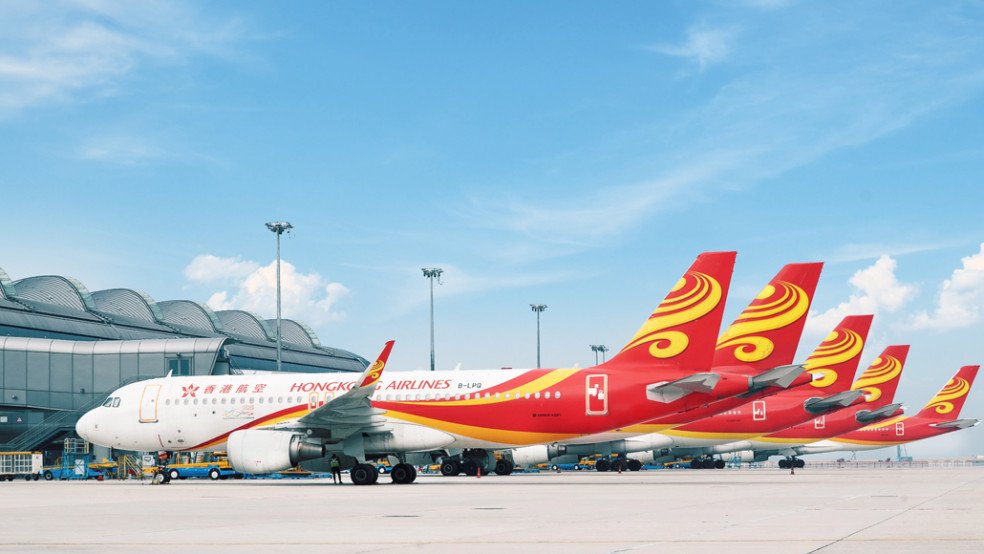Sustainable Aviation Fuel Production to Triple in 2024
The International Air Transport Association (IATA) has announced that Sustainable Aviation Fuels (SAF) production is set to triple in 2024, reaching 1.9 billion liters (1.5 million tonnes). This significant increase will account for approximately 0.53% of aviation's fuel needs in 2024. IATA highlights the critical role of policy measures in accelerating the adoption and production of SAF to meet future demands.
Willie Walsh, IATA’s Director General, emphasized the importance of SAF in achieving the aviation industry’s environmental goals. "SAF will provide about 65% of the mitigation needed for airlines to achieve net zero carbon emissions by 2050. The expected tripling of SAF production in 2024 from 2023 is encouraging. We still have a long way to go, but the direction of exponential increases is starting to come into focus," Walsh stated.
The broader renewable fuel sector, which includes SAF, is essential to achieving these ambitious targets. Currently, about 140 renewable fuel projects capable of producing SAF are slated to be operational by 2030. If all these projects come to fruition, the total renewable fuel production capacity could reach 51 million tonnes by that year, with production capabilities distributed globally.
However, realizing this potential hinges on continued and increased investment. Given the typical three-to-five-year lag from planning to production, timely investment decisions are crucial. While the interest in SAF is substantial, the current plans fall short of what is required. Governments have set ambitious goals through the International Civil Aviation Organization (ICAO), aiming for a 5% CO2 emissions reduction for international aviation via SAF by 2030. Achieving this would require around 27% of all renewable fuel production capacity to be dedicated to SAF, a significant increase from the current 3%.
Walsh called for comprehensive policies to support SAF production. "The interest in SAF is growing and there is plenty of potential. But the concrete plans that we have seen so far are far from sufficient. Governments need to implement policies to ensure that airlines can actually purchase SAF in the required quantities," he said.
Several policy measures could effectively boost SAF production:
1. Diversifying Feedstocks: Currently, about 80% of SAF production over the next five years is expected to come from hydrogenated fatty acids (HEFA), such as used cooking oils and animal fats. Expanding the use of other certified pathways and feedstocks, including agricultural and forestry residues and municipal waste, can significantly increase SAF production potential.
2. Co-Processing: Utilising existing refineries to co-process up to 5% of approved renewable feedstocks alongside crude oil can quickly and significantly expand SAF production. Policies facilitating consistent life-cycle assessments are essential for this approach.
3. Incentives for Renewable Fuel Facilities: Existing renewable fuel facilities are primarily designed to maximise diesel production, benefiting from incentives and the demand from road transportation. As road transport shifts towards electrification, policies should be established to pivot production towards SAF. This transition requires minimal modifications at existing facilities and can be supported by incentives targeting SAF.
4. Boosting Investments in Renewable Fuel Production: The scaling up of renewable fuel production, including SAF, necessitates strong policy support. Programs like the US Grand Challenge, which supports $3 billion in investments, are examples of such policies. Stable, long-term tax credits would further enhance SAF production capabilities in both new and existing facilities.
Walsh underscored the importance of a multifaceted policy approach. "Incentives to build more renewable energy facilities, strengthen the feedstock supply chain, and allocate a greater portion of renewable fuel output to aviation would help decarbonize aviation. Governments can also facilitate technical solutions with accelerated approvals for diverse feedstocks and production methodologies. No single policy or strategy will get us to the needed levels, but a combination of all potential measures makes producing sufficient quantities of SAF absolutely possible," he remarked.
Public support for SAF is strong. An IATA survey revealed that 86% of travelers believe governments should incentivize airlines to use SAF, and a similar percentage agree that leading oil corporations should prioritize SAF production. This public backing underscores the critical need for robust policy frameworks to meet the aviation industry’s sustainability goals.






























